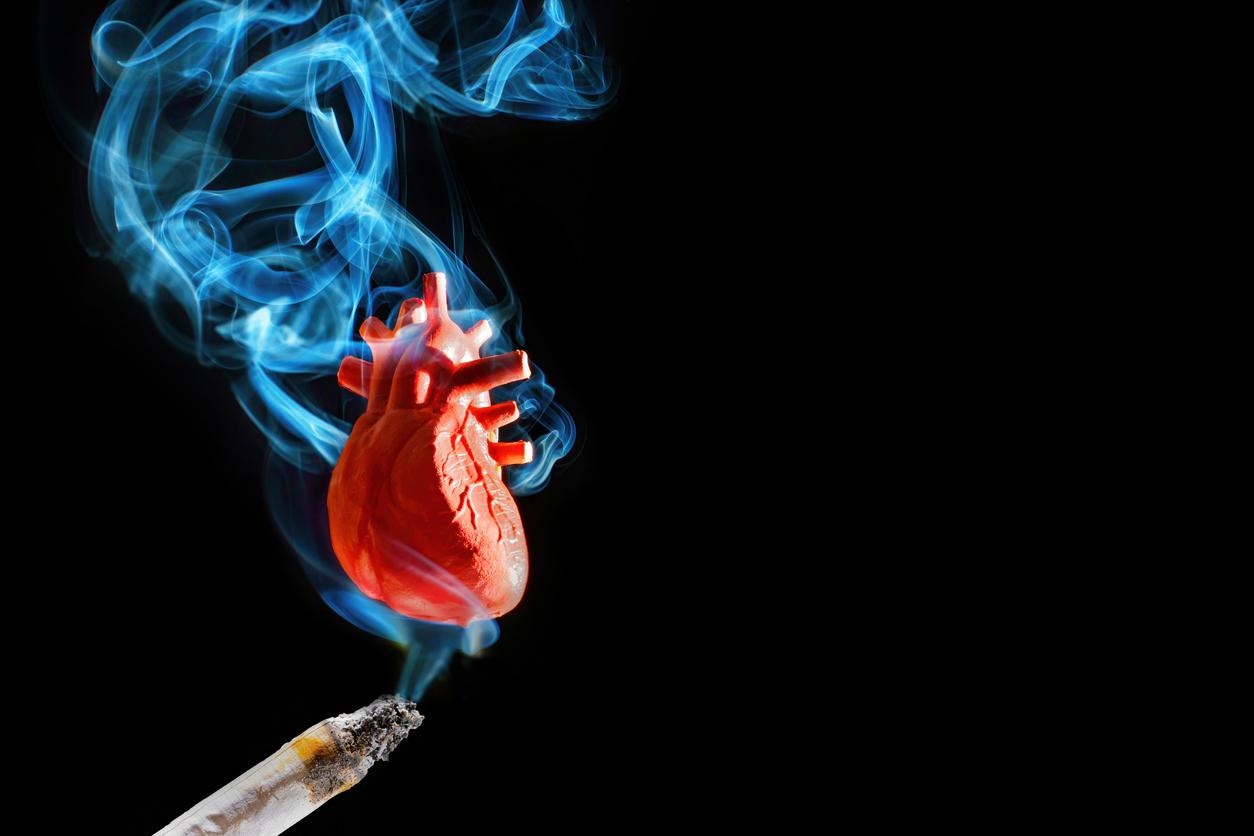
September 9, 2016.
Is gaining weight inevitable when you quit smoking? A recent study has just demonstrated the role of tobacco on the hormone that controls hunger.
Tobacco would modify the action of ghrelin
When considering quitting smoking, many people fear putting on weight. Several studies have in fact already proven that stopping smoking often involves taking a few pounds.. A Greek study, the conclusions of which were presented at the International Congress of the European Respiratory Society (ERS), has just demonstrated the role played by cigarettes on the hunger hormone, ghrelin.
To arrive at this observation, the researchers carried out an experiment on 14 men, all smokers. These participants were separated into two groups and all had to spend a night without eating or smoking. The next day, the first group was allowed to smoke, while the participants of the second group could hold their cigarette and pretend to smoke it, without ever lighting it. At the end of this period, the 14 people were invited to approach a buffet to eat.
Smokers take longer to get full
In front of the food display, the scientists observed the behavior of the participants, in particular by analyzing their appetite and the foods they selected. In parallel, men in both groups had blood tests to determine hormonal changes related to the experience.
Scientists then observed that smokers ingested 152 calories, on average, less than others. The blood test of non-smokers also showed that their ghrelin levels took longer to disappear.. However, this hormone appears with hunger and disappears when the person has eaten enough to indicate to the brain the feeling of satiety. Non-smokers would therefore take longer to be satiated, which would explain the weight gain that follows quitting smoking.
You will also like: Smoking cessation: what to eat?
















